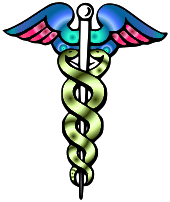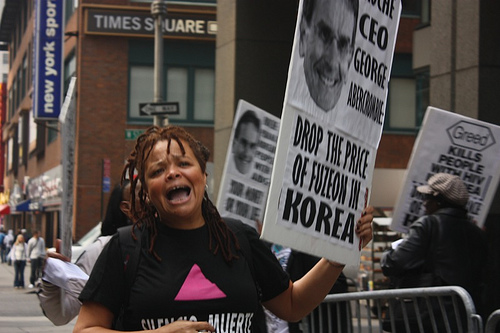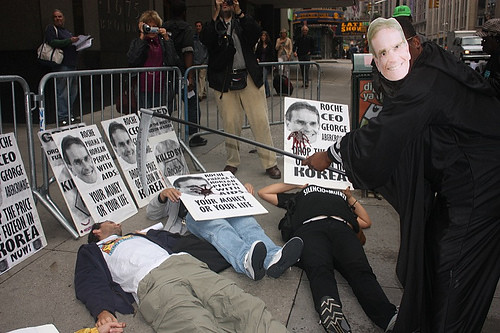December 1 is my birthday. It is the day of my mother’s funeral, back in 1992. The day that Brown v. Board of education ended segregation in our nation’s school
It is also World AIDS day.
I moved to New York City in September of 1981. My best friend and soulmate, Jeff, lived there and I was going to stay with him and his lover until I got my own apartment.
My first job was at a lawfirm, I remember a gay friend and co-worker telling me about the “gay cancer.” I quickly forgot about it, knowing Tom was a terrible hypochondriac.
Jeff was a renaissance man in many ways. He was always active, never idle. He painted, worked hard as a photo retoucher, danced beautifully and went out constantly to the bars to party till the break of dawn. His cooking was legendary. His sense of humor was what bonded us the most — I loved to make him laugh. He had no tact and often got in trouble with folks because of that, but would usually win them back by having them over for dinner.
His sexual exploits were also legendary and I was his confidante for many stories.
His temper was terrible as well and we often fought, though we always made up.
When I had my mental problems back in the late 70’s, Jeff would call my mother to comfort her (I only found this out several years later). He wrote me a little picture book to cheer me up, a humerous biography with hand-made pop-out drawings of my plight. I still have that book.
All block quotes are from And the Band Played On, by Randy Shilts (1987):
By October 2, 1985, the morning Rock Hudson died, the word was familiar to almost every household in the Western World.
AIDS
Acquired Immune Deficiency Syndrome had seemed a comfortably distant threat to most of those who had heard of it before, the misfortune of people who fit into rather distinct classes of outcasts and social pariahs. But suddenly, in the summer of 1985, when a movie star was diagnosed with the disease and the newspapers couldn’t stop talking about it, the AIDS epidemic became palpable and the threat loomed everywhere.
Suddenly there were children with AIDS who wanted to go to school, laborers with AIDS who wanted to work, and researchers who wanted funding, and there was a threat to the nation’s public health that could no longer be ignored. Most significantly, there were the first glimmers of awareness that the future would always contain this strange new word. AIDS would become a part of American culture and indelibly change the course of our lives.
The implications would not be fleshed out for another few years, but on that October day in 1985 the first awareness existed just the same. Rock Hudson riveted America’s attention upon this deadly new threat for the first time, and his diagnosis became a demarcation that would separate the history of America before AIDS from the history that came after.
 On December 9, 2013 the Center for Disease Control released a report entitled HIV Among Transgender People.
On December 9, 2013 the Center for Disease Control released a report entitled HIV Among Transgender People.


